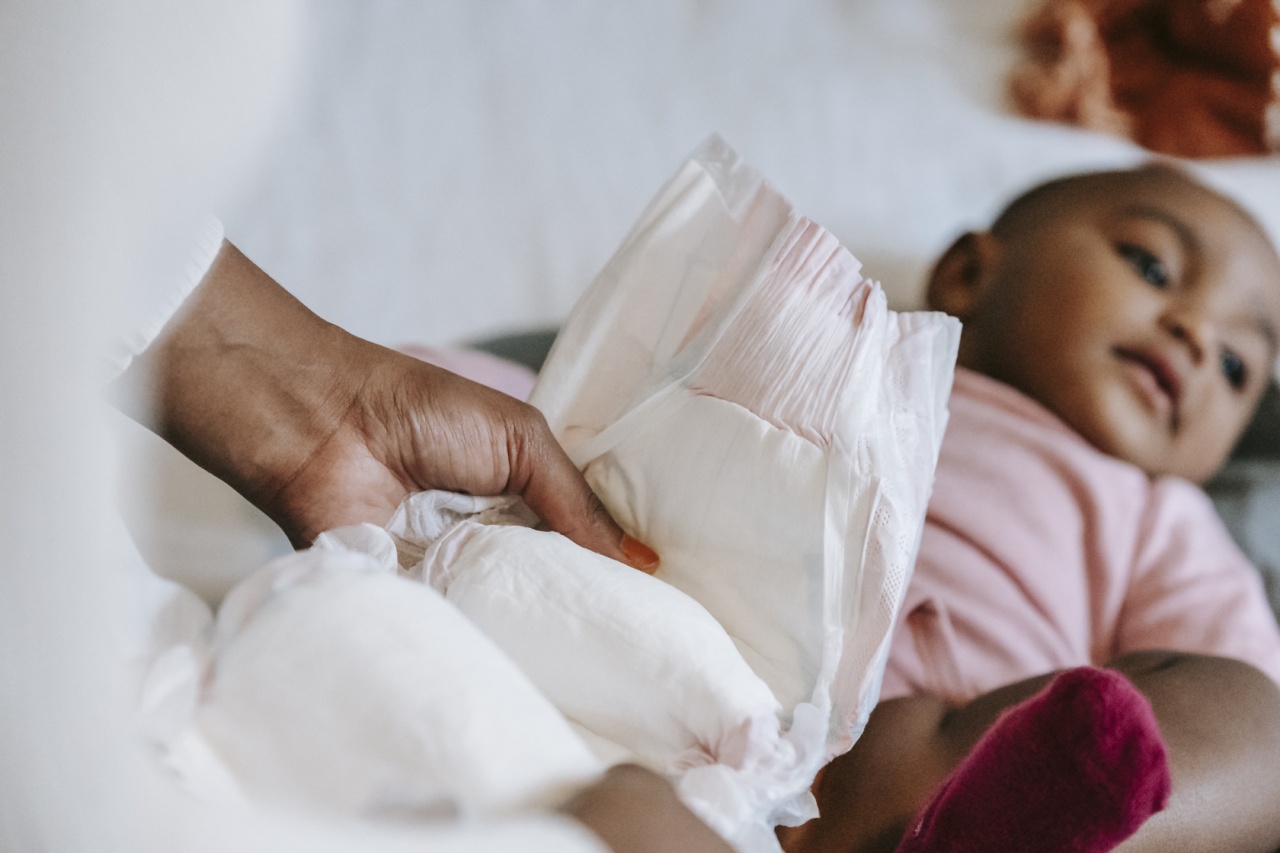As a parent, it can be challenging to know how to keep your child healthy and clean while also respecting their privacy.
However, when it comes to your child’s genital area, it’s essential to practice good hygiene to prevent infections and other health issues. In this complete guide, we’ll cover everything you need to know about keeping your child’s genitals clean and healthy.
Why is genital hygiene important?
Genital hygiene is essential because it helps to prevent infections and other health problems. The genital area is warm and moist, making it an ideal environment for bacterial growth.
If your child doesn’t practice good hygiene, they may develop infections, such as a yeast infection or a urinary tract infection (UTI).
Teaching your child about genital hygiene
It’s important to start teaching your child about genital hygiene from a young age. However, it’s also important to respect their privacy while doing so. Here are some tips for teaching your child about genital hygiene:.
- Start by using proper terminology for their genital area.
- Teach them to clean their genital area whenever they bathe or shower.
- Show them how to wipe from front to back after using the bathroom.
- Teach them to avoid harsh soaps or detergents that may irritate their skin.
- Encourage them to change into clean underwear every day.
How to clean male genitals
Male genitals can be more challenging to clean than female genitals, as they have more folds and crevices. However, with proper hygiene, it’s easy to keep them clean and healthy. Here’s how:.
- Start by washing your hands thoroughly.
- Wash the penis and scrotum with warm water and mild soap.
- Gently clean the foreskin if your child is uncircumcised, but avoid pulling it back forcefully.
- Rinse the area thoroughly with warm water.
- Dry the area completely with a soft towel.
How to clean female genitals
Female genitals are more straightforward to clean than male genitals, but it’s still essential to practice good hygiene to prevent infections. Here’s how to clean your daughter’s genitals:.
- Start by washing your hands thoroughly.
- Wash the area around the vulva with warm water and mild soap.
- Avoid getting soap inside the vagina, as this can disrupt the natural balance of bacteria.
- Rinse the area thoroughly with warm water.
- Dry the area completely with a soft towel.
When to see a doctor
If your child experiences any of the following symptoms, you should take them to see a doctor:.
- Pain or itching in the genital area.
- Redness or swelling around the genitals.
- Discharge from the penis or vagina.
- Pain when urinating.
- Fever or other signs of an infection.
Tips for preventing infections
In addition to practicing good hygiene, there are other things you can do to prevent genital infections in your child:.
- Avoid letting your child sit in a wet bathing suit or underwear for an extended period.
- Encourage your child to wear loose-fitting clothing made of breathable fabric.
- Make sure your child drinks plenty of water to flush out bacteria.
- Teach your child to use the bathroom regularly and avoid holding in urine for too long.
Final thoughts
Keeping your child’s genitals clean and healthy is essential for their overall health and well-being. While it may be a sensitive topic, it’s important to start teaching your child about genital hygiene from a young age.
With the tips and information provided in this complete guide, you’ll have the knowledge you need to help your child prevent infections and stay healthy.































